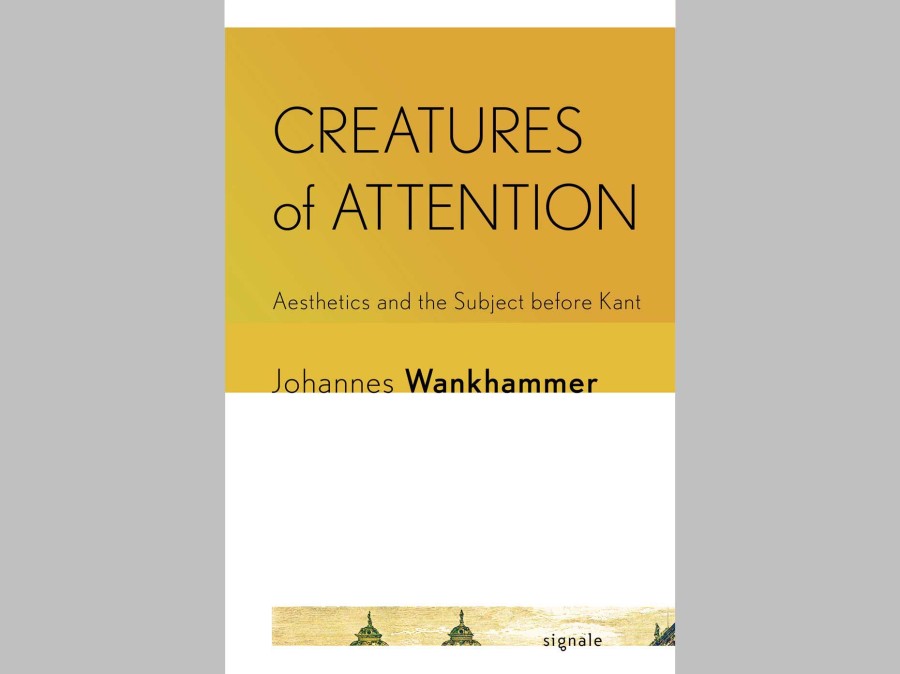The German Department is happy to announce a new book authored by Associate Professor Johannes Wankhammer

Creatures of Attention - Cornell University Press
Creatures of Attention: Aesthetics and the Subject before Kant excavates the early modern prehistory of our late modern crises of attention. At the threshold of modernity, philosophers, scientists, and poets across Europe began to see attention as the key to autonomous agency and knowledge. Recovering the philosophical and literary works from eighteenth-century Germany in which “attention,” “subject” and, “aesthetics” developed their modern meanings, Johannes Wankhammer examines control over attention as the cultural technique underpinning the ideal of individual autonomy. Aesthetics, founded by Alexander Baumgarten as a science of sense perception, challenged this ideal by reframing art as a catalyst for alternative modes of selfhood and attention.
While previous scholarship on the history of attention emphasized the erosion of subjectivity by industrial or technological modernization, Wankhammer asks how attention came to define subjectivity in the first place. When periodically recurring crises of attention threaten the coherence of the subject, this subject comes undone at the very seams that first sutured it together.
Creatures of Attention offers the first systematic study of a foundational discourse on attention from 1650 to 1780. Presenting pre-Kantian aesthetics as a critique of the Enlightenment paradigm of strained attention, the book offers a fresh perspective on poetics and aesthetics in eighteenth-century Germany.




